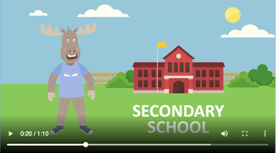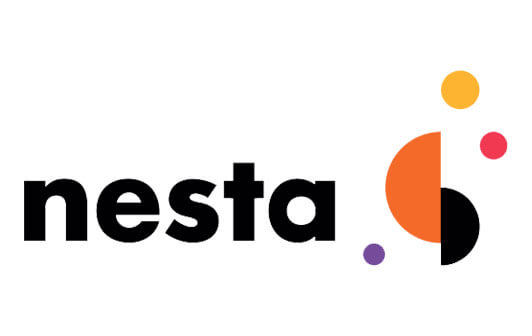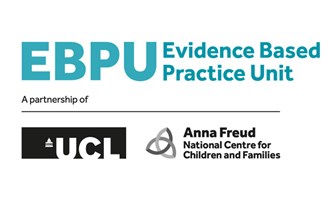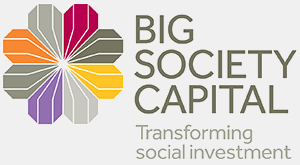We are very proud to share the results of the Mind Moose transition programme evaluation, funded by Nesta.

This programme was developed and trialled with funding from the Nesta Future Ready Fund, designed to support interventions promoting social and emotional skills and resilience in young people.
Programme Overview
The transition from Year 6 to Year 7 is well-recognised as a stressful time for many children when their psychological health can suffer (Zeedyk et al.,2003).
Therefore, the Mind Moose Transition Programme is designed to support Year 6 children in their final term of primary school with their social and emotional health, focussing on preparing them for their transition to secondary school.
- The programme consists of 6 lessons delivered through the Mind Moose online platform with additional full teaching materials.
- Each lesson provides activities designed to build pupils’ skills in terms of resilience, self-awareness, and emotional competence, as well as teaching them effective coping skills for managing concerns, feelings, and other experiences relevant to their transition to secondary.
Impact Evaluation
- Four primary schools were recruited to trial the programme with 130 pupils in the summer term of 2019.
- The research project received ethical approval from the Evidence-Based Practice Unit at UCL/the Anna Freud Centre.
- Pupils’ emotional health and well-being was measured and tracked (before and after completing the programme) using the student resilience survey, a valid and reliable quantitative measure.
- After completing the programme pupils also completed a feedback survey, including open-ended qualitative questions to explore their views and experiences of using the Mind Moose transition programme.
The results
The data was independently analysed by psychology staff from the school of psychology at the University of Sussex and was found to show statistically significant results in the overall level of resilience and a number of sub-scales, shown to impact resilience.
The data analysis showed that taking part in the Mind Moose transition programme:
- increased pupils’ overall levels of resilience as measured by the student resilience survey
- Improved levels of self-esteem, goals, peer support and problem solving (sub-scales of the student resilience survey).
In addition, the pupils’ qualitative feedback was highly positive:
- 80% of Year 6 children said that they enjoyed using the Mind Moose programme.
- 82% stated that Mind Moose helped them to understand ways they could help themselves.
- 77% felt that Mind Moose transition helped them to understand how they could deal with problems.
- 72% said using the programme helped them to understand and talk about issues worrying them.
The analysis of pupils’ feedback demonstrates that most children find using Mind Moose enjoyable and feel it gives them useful advice about moving to secondary school, helping them to express their feelings and worries in a safe, private way.
“It helped me to calm myself and understand how to deal with present/future problems”.
“You can share personal worries with your teacher.”
“It’s a place for you to let all your emotions out.”
“It’s easy to use and relaxing.”
In conclusion
The evaluation provides strong evidence that using Mind Moose Transition Programme with their teacher in the last term of Year 6 can support pupils with their social and emotional health and build resilience prior to moving to secondary school in an engaging way. This is something of which we, as a social impact company, are very proud.
If you would like to find out more about our research or the Mind Moose transition programme, contact us by emailing support@mindmoose.co.uk
Reference:
Zeedyk, M. S., Gallacher, J., Henderson, M., Hope, G., Husband, B., & Lindsay, K. (2003). Negotiating the transition from primary to secondary school: Perceptions of pupils, parents and teachers. School Psychology International, 24(1), 67-79.







